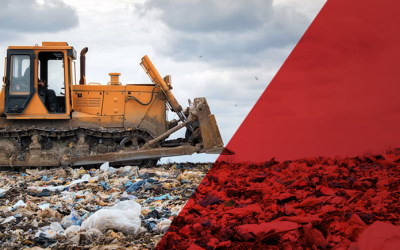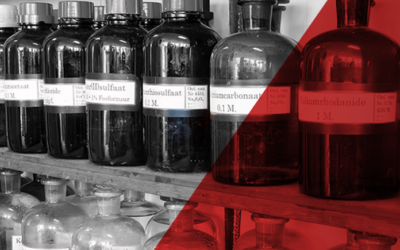Lab pack management for schools is particularly critical at the college level where labs create large quantities of chemical and hazardous waste.
Service Request
Have waste that requires compliant handling or disposal? Fill out our service form and an MCF Environmental Representative will get back to you quickly with next steps!
Please note we do not provide disposal services for household waste


















